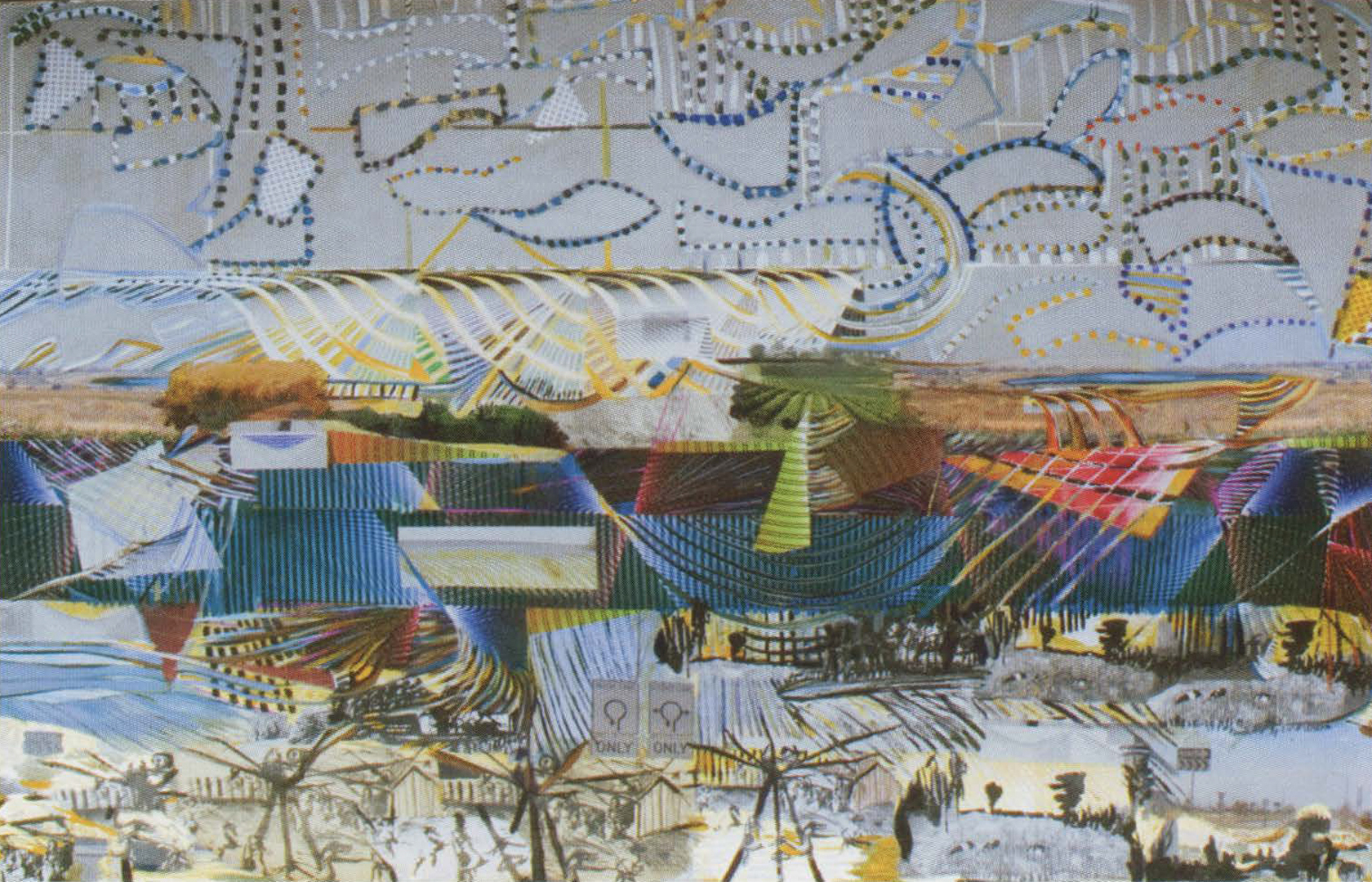Anna Ursyn: Rondo
Artist(s):
Title:
- Rondo
Exhibition:
Medium:
- 2D imaging
Size:
- 25" x 36"
Category:
Artist Statement:
Acutely aware of order, I try to examine what the technological and human worlds have in common. Natural order, revealed randomly and regularly, infuses several levels of both worlds: some determined by humans, through buildings, their windows, even cars parked in lots, and some determined by nature, through trees, branches, and leaves.
Natural order guides our understanding of big data sets related to network analysis when we employ physical analogies of the data, render the data graphically, explore them “by eye,” and interact in real time. My task is to juxtapose the regularity of nature with human constructions, both physical and intellectual. The big-city images, for example, combine how humans affect their environment, and at the same time, how a city metaphor reflects rhythm and organization in big datasets and makes data mining easier. Observers, whether artists or technology experts, perceive such relationships in different lights and from different perspectives and different points of view.
In my work, I transform images of animals into simple, iconic objects in order to present them in dynamic movement as the visible texture of the sky and the ground. Processes in nature and events in technologies inspire my images. Such processes also support my instruction in computer art and graphics, where students learn to create artwork inspired by science and demonstrate their understanding of scientific concepts.
Technical Information:
Typically, my creative process runs through stages. First I sketch a general outline for the bigger composition, then I draw abstract geometric designs as starting points for executing my computer programs. Computers then convert my ideas into lines, with code taking shape as iconic images of objects.
I use the computer on different levels. Some of my computer programs produce two-dimensional images; others are three-dimensional, depending on what my composition dictates. Programmed data is electronically integrated into the final artwork.
I create programs in Fortran, then I add photographic content using scanners and digital cameras. To attain the composition, I use repetition of lines, shapes, and forms, select color combinations, transform light intensity, apply grid patterns and moire effects, and distort and manipulate images by scaling, rotating, slanting, and changing perspective.
The programs serve as a point of departure for photolithographs; they are included in both my two-dimensional and three-dimensional works. Scanners, digital camera, and PCs provide further image manipulation. All of these approaches are combined for the creation of images that also include painterly markings on the artchival quality prints.
Website:
All Works by the Artist(s) in This Archive:
- Anna Z. Ursyn
-
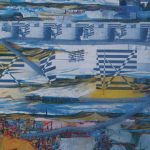
End of the Street
[SIGGRAPH 1994] -
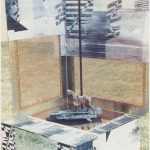
Hero Horse
[SIGGRAPH 1990] -
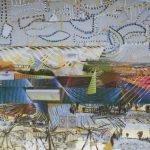
Rondo
[SIGGRAPH 2006] -
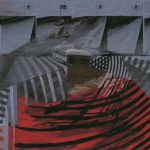
Two Skies
[SIGGRAPH 1989] -
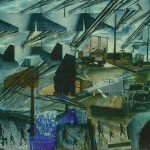
Monday Morning
[SIGGRAPH 1995] -
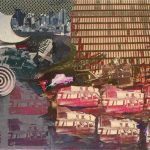
Two Moons
[SIGGRAPH 1995] -
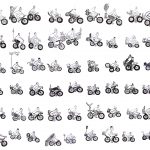
Data Deluge
[DAC Online Exhibition 2015] -
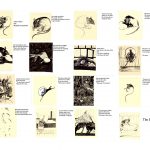
Hard Jazz Book
[DAC Online Exhibition 2015] -
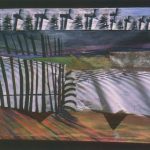
No Man No Shadow
[SIGGRAPH 1998] -
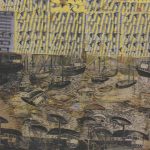
Clear Water Act
[SIGGRAPH 2007] -
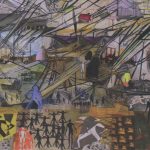
Wires
[SIGGRAPH 2007] -
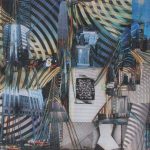
Grammar of the City
[SIGGRAPH 2005] -
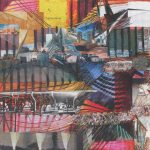
Yellow Pages
[SIGGRAPH 2005] -
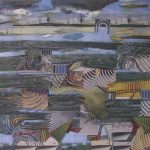
Fragile Balance
[SIGGRAPH 2005] -
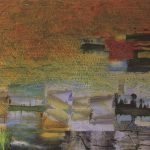
Noise Control
[SIGGRAPH 2004] -
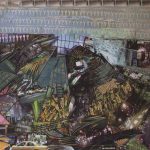
Pitch and Volume
[SIGGRAPH 2004] -
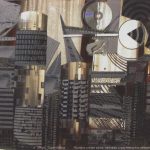
Data Mining
[SIGGRAPH 2004] -
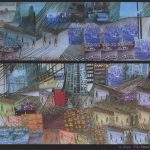
City Matters
[SIGGRAPH 2003] -
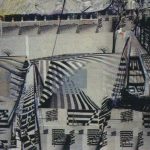
Commuter's Tunes
[SIGGRAPH 2001] -
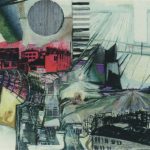
Moonlit Manifestation
[SIGGRAPH 2001] -
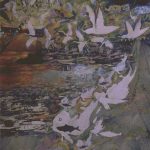
Discretion Advised
[SIGGRAPH 1999] -
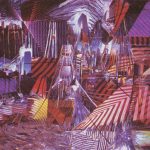
Timetable
[SIGGRAPH 2002] -
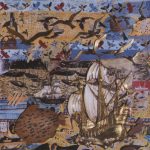
Water Planet
[SIGGRAPH 2008] -
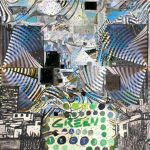
Green Architecture
[DAC Online Exhibition 2012] -

Data Mining
[DAC Online Exhibition 2012] -

Rondo
[DAC Online Exhibition 2011] -

Data Mining
[DAC Online Exhibition 2011] -
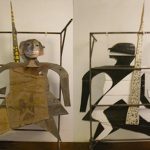
Warrior
[DAC Online Exhibition 2011] -
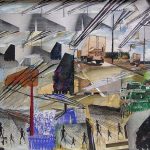
Truckers' Muse
[DAC Online Exhibition 2018]

